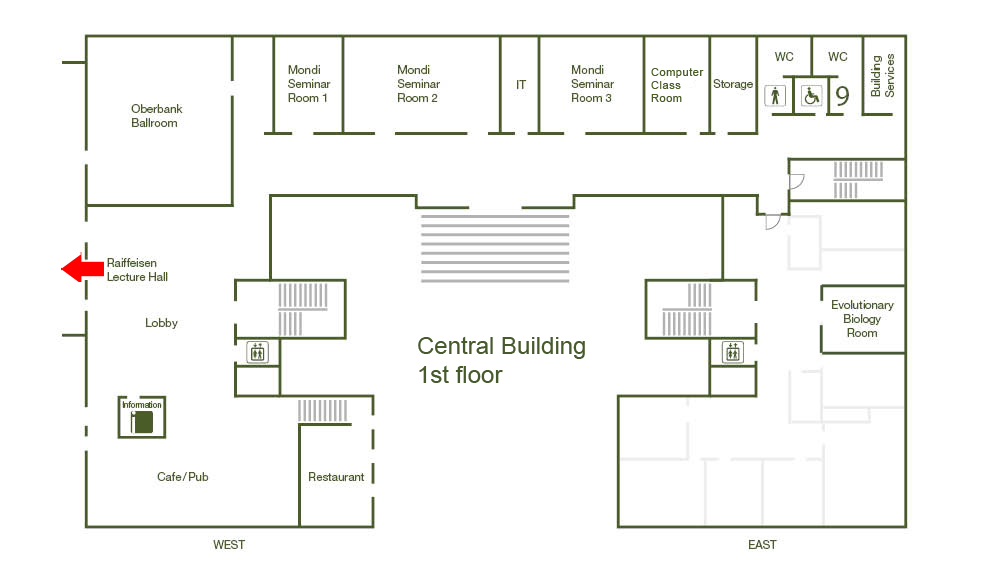Institute Colloquium : Genetics of antagonistic coevolution
Date
Monday, December 5, 2011 16:45 - 17:45
Speaker
Dieter Ebert (Basel University)
Location
Raiffeisen Lecture Hall, Central Building
Series
Colloquium
Tags
Institute Colloquium
Contact

Parasites are assumed to evolve to optimise their exploitation of hosts, while hosts evolve to minimize the damage done by the parasite. In coevolutionary models of this process high specificity in host parasite interactions are assumed. Furthermore, coevolutionary models make strict assumptions about the underlying genetics. Little is known about the genetic interactions between hosts and parasites. In the Daphnia system this can be conveniently addressed experimentally. Daphnia reproduce clonally in the laboratory and clones can be crossed to test for segregation of resistance loci. I present experimental data from our work on the genetics of resistance against two parasites of Daphnia magna: the bacterium Pasteuria ramosa and the microsporidium Hamiltosporidium tvaerminnensis. These parasites are virulent and common to D. magna population in Europe. In natural populations these parasites coevolve with their host. Using QTL mapping, de novo genome sequencing and classical breeding experiments, I present our insights into the nature of the genetics of antagonistic coevolution.